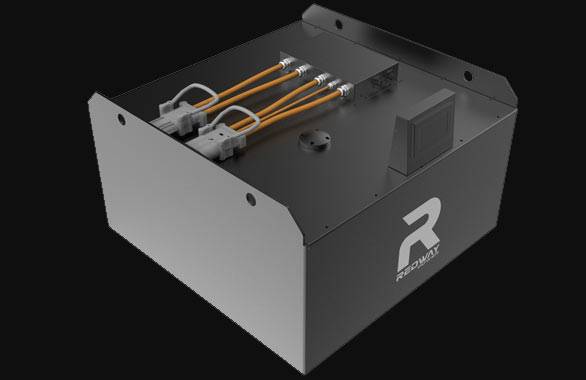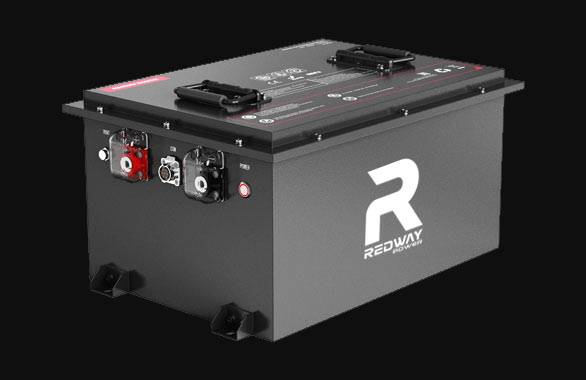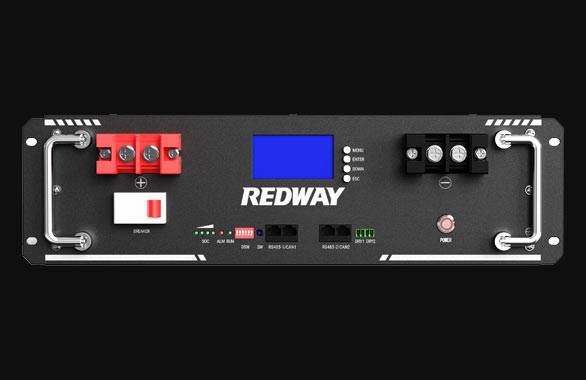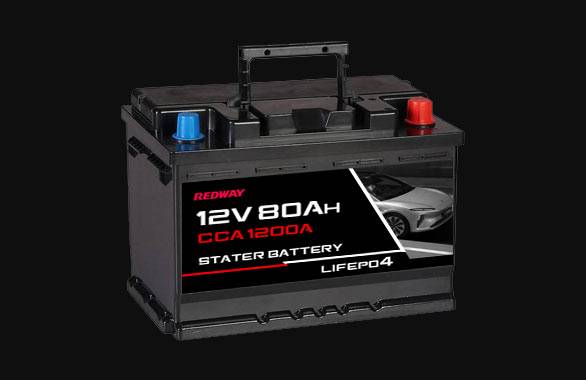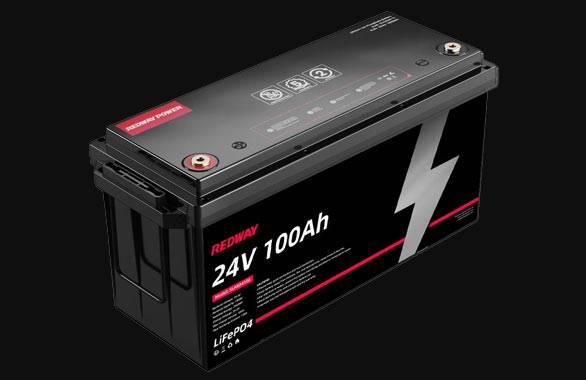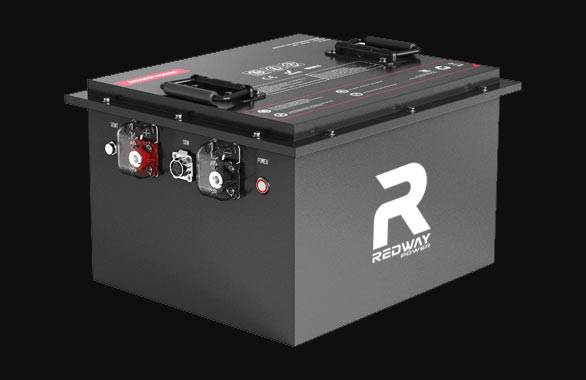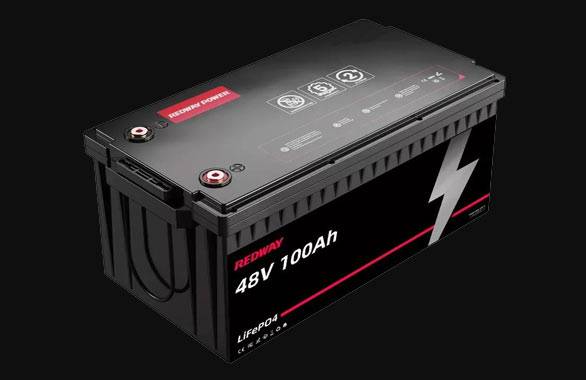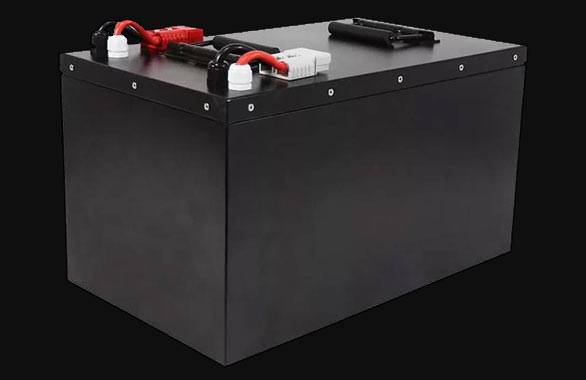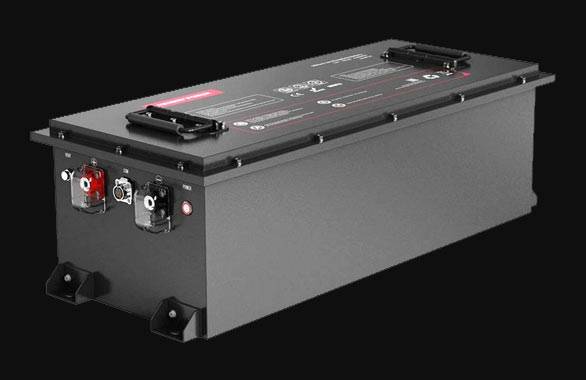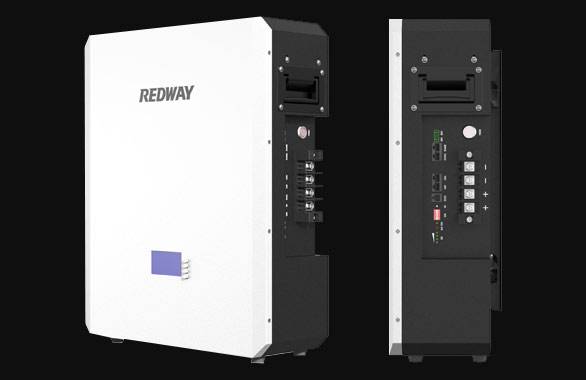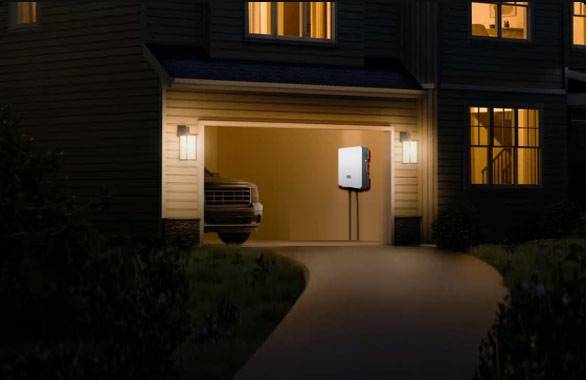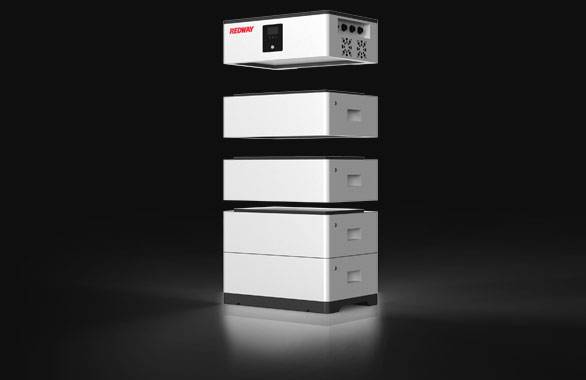- Forklift Lithium Battery
- Golf Cart Lithium Battery
- Rack-mounted Lithium Battery
51.2V 100Ah Rackmount LiFePO4 Battery
8000 times (80% DOD 0.5C)
Optional SNMP for TELECOM - Car Starter Battery
- 12V LiFePO4 Battery
12V 150Ah Lithium RV Battery
Bluetooth App | Self-heating
LiFePO4 | Group 31
UL 1642 | IEC 62619 - 24V LiFePO4 Battery
- 36V LiFePO4 Battery
- 48V LiFePO4 Battery
- 60V LiFePO4 Battery
60V 100Ah Lithium Battery (AGV, AMR, LGV)
Peak Discharge Current 400A
500 x 298 x 349 mm - 72V~96V LiFePO4 Battery
72V 100Ah Lithium Golf Cart Battery
Peak Discharge Current 315A (10S)
740 × 320 × 246 mm - Wall-mounted Lithium Battery
51.2V 100Ah 5kWh
Wall-mounted Battery532 x 425 x 170 mm / LiFePO4
>8000 Cycles (80% DOD 0.5C)
RS485 / CAN-bus
for Solar Home ESS - Home-ESS All-in-One
51.2V 32kWh
All-in-On HESS SystemPowerAll
51.2V / LiFePO4
>8000 Cycles (80% DOD 0.5C)
RS485 / CAN-bus / WiFi
All-in-One for Home ESS
The Ultimate Guide to Lithium Batteries for Your RV: Top Choices and Benefits

When it comes to powering your RV, selecting the right battery is crucial to ensuring a reliable and enjoyable experience on the road. Lithium batteries have emerged as a superior alternative to traditional lead-acid batteries, offering numerous advantages that can significantly enhance your RV adventures. In this comprehensive guide, we delve into the top lithium battery options for RVs, providing you with detailed insights to make an informed choice.
Lithium batteries for RVs offer longer lifespan, lighter weight, deeper discharge, and faster charging compared to traditional lead-acid batteries. Popular types like LiFePO4 provide reliable, maintenance-free power with up to 10 times the cycle life, making them ideal for off-grid and extended travel.
What types of lithium batteries are best suited for RV use?
The most common lithium batteries for RVs include Lithium Iron Phosphate (LiFePO4), Lithium Nickel Cobalt Aluminum Oxide (NCA), Lithium Nickel Manganese Cobalt Oxide (NMC), Lithium Titanate Oxide (LTO), and Lithium Polymer (Li-Po). LiFePO4 is favored for its safety, long cycle life, and thermal stability, making it the top choice for RV applications.
How do lithium batteries compare to traditional lead-acid and AGM batteries for RVs?
Lithium batteries offer a higher usable capacity (80-90% depth of discharge) versus 50% for AGM and flooded lead-acid batteries. They weigh significantly less—often 40-60% lighter—and have longer lifespans (2000-4000+ cycles compared to 300-1000 cycles for lead-acid types). Lithium also charges faster and requires minimal maintenance.
What are the key benefits of using lithium batteries in your RV?
Lithium batteries provide extended driving range and power availability, faster recharge times, reduced weight improving vehicle efficiency, maintenance-free operation, and enhanced safety due to stable chemistries like LiFePO4. They also occupy less space, allowing more room for storage or other systems.
How do you choose the right lithium battery capacity and voltage for your RV?
Battery capacity is measured in amp-hours (Ah) and should match your RV’s power consumption needs. Most RV house battery systems use 12V or 24V configurations; select batteries with sufficient Ah rating to support your appliances and desired off-grid duration. Redway Power offers customizable OEM lithium packs tailored to specific RV requirements.
What charging equipment is required for lithium RV batteries?
Lithium batteries require compatible chargers with proper charging profiles to avoid damage. Many lithium batteries come with built-in Battery Management Systems (BMS) that regulate charging and discharging safely. Using a lithium-compatible charger ensures optimal battery health and longevity.
How do lithium batteries perform in different temperature conditions?
LiFePO4 batteries operate efficiently in a wide temperature range but may reduce charging efficiency below freezing temperatures. Some lithium batteries include thermal management systems or heaters to maintain performance in cold climates. Proper installation and insulation help mitigate temperature effects.
What maintenance do lithium RV batteries require?
Lithium batteries require minimal maintenance—no watering or equalizing charges are needed. Regular inspection of terminals and connections for corrosion or damage is recommended. Keeping batteries charged and avoiding deep discharge cycles further extends their lifespan.
How long do lithium batteries typically last in RV applications?
Lithium batteries can last 8 to 10 years or more, with cycle lives exceeding 3000 cycles under normal use. This longevity surpasses lead-acid batteries by 3 to 6 times, making lithium a cost-effective choice over the long term.
What environmental advantages do lithium batteries offer for RV users?
Lithium batteries contain no toxic heavy metals like lead or cadmium, reducing environmental impact. Their longer lifespan means fewer replacements and less waste. Additionally, lithium batteries are recyclable, supporting sustainable energy use.
Chart: Comparison of RV Battery Types
| Battery Type | Usable Capacity (%) | Weight (relative) | Cycle Life (cycles) | Maintenance |
|---|---|---|---|---|
| Flooded Lead-Acid | 50 | 1.0 (baseline) | 300-500 | High (watering) |
| AGM | 50-60 | 0.8 | 500-1000 | Low |
| Lithium (LiFePO4) | 80-90 | 0.4-0.6 | 2000-4000+ | Minimal |
Chart: Popular Lithium Battery Chemistries for RVs
| Chemistry | Safety | Cycle Life | Weight | Typical Use |
|---|---|---|---|---|
| LiFePO4 | Very High | 3000-5000+ | Moderate | RVs, solar, off-grid |
| NCA | Moderate | 1000-2000 | Low | EVs, high power |
| NMC | Moderate | 1000-3000 | Low | Versatile, EVs, RVs |
| LTO | Very High | 5000+ | Higher | Fast charging, long life |
| Li-Po | Moderate | 500-1500 | Very Low | Compact devices, RVs |
Why Opt for Lithium Batteries for Your RV?
Superior Lifespan and Durability
Lithium batteries, particularly Lithium Iron Phosphate (LiFePO4) variants, boast a lifespan that far exceeds that of conventional lead-acid batteries. With proper maintenance, these batteries can last up to 10 years, offering unparalleled durability and long-term value. This longevity is due to their robust chemistry, which minimizes degradation over time.
Lightweight and Space-Efficient
One of the most significant advantages of lithium batteries is their lightweight and compact design. They are substantially lighter than lead-acid batteries, which can improve your RV’s fuel efficiency and handling. Additionally, their smaller size allows for more flexible installation options and maximizes storage space within your RV.
High Energy Density and Efficiency
Lithium batteries are renowned for their high energy density, meaning they can store more energy in a smaller footprint. This characteristic enables RV owners to enjoy extended periods of power without frequent recharging. Furthermore, lithium batteries maintain consistent performance and capacity, even when partially discharged, which is crucial for off-grid RV use.
Rapid Charging Capabilities
Charging speed is another area where lithium batteries excel. They can be recharged significantly faster than lead-acid batteries, allowing for reduced downtime during your travels. This rapid charging capability ensures that your battery is ready to go when you are, enhancing the efficiency of your RVing experience.
Greater Depth of Discharge
Lithium batteries can be discharged to a much lower level compared to their lead-acid counterparts without affecting their lifespan. This feature provides access to a larger portion of the battery’s total capacity, which translates to more usable power for running appliances and electronic devices in your RV.
Top Lithium Battery Options for Your RV
Vatrer Lithium Iron Phosphate (LiFePO4) Batteries
Vatrer’s LiFePO4 batteries represent a premium choice for RV owners seeking reliability and high performance. These batteries incorporate advanced lithium iron phosphate technology, which is known for its exceptional safety features, long cycle life, and high energy density. Vatrer batteries are engineered to provide consistent and reliable power, making them ideal for extended RV trips.
Key Features:
- Chemistry: Lithium Iron Phosphate (LiFePO4)
- Cycle Life: Up to 4,000 cycles
- Safety: Built-in Battery Management System (BMS)
- Warranty: 10 years
Battle Born LiFePO4 Batteries
Battle Born is a leading name in the lithium battery industry, renowned for producing durable and high-performance batteries tailored for RV applications. Their LiFePO4 batteries are designed to withstand challenging conditions while offering superior longevity and efficiency. Battle Born batteries are a trusted option for RV enthusiasts who demand both reliability and performance.
Key Features:
- Chemistry: Lithium Iron Phosphate (LiFePO4)
- Cycle Life: Up to 3,000 cycles
- Safety: Integrated BMS with high-temperature protection
- Warranty: 10 years
Renogy Lithium Iron Phosphate (LiFePO4) Batteries
Renogy, a well-regarded name in the solar and energy storage sector, offers LiFePO4 batteries that are optimized for RV use. These batteries come equipped with built-in BMS for enhanced safety and performance. Renogy’s batteries are designed to deliver consistent power and efficiency, making them a reliable choice for RV owners.
Key Features:
- Chemistry: Lithium Iron Phosphate (LiFePO4)
- Cycle Life: Up to 3,500 cycles
- Safety: Comprehensive BMS for overcharge, over-discharge, and short-circuit protection
- Warranty: 5 years
Conclusion
Choosing the best lithium battery for your RV can dramatically enhance your travel experience by providing reliable power, extended lifespan, and improved efficiency. Brands such as Vatrer, Battle Born, and Renogy offer outstanding options, each with unique features tailored to meet the demands of RV enthusiasts. By investing in a high-quality lithium battery, you ensure that your RV’s power system is both robust and efficient, allowing you to focus on enjoying your adventures.
Upgrade to a lithium battery today and experience the full benefits of modern energy storage technology. With a longer lifespan, rapid charging, and superior performance, a lithium battery is a smart investment that will pay dividends in reliability and convenience throughout your travels.


